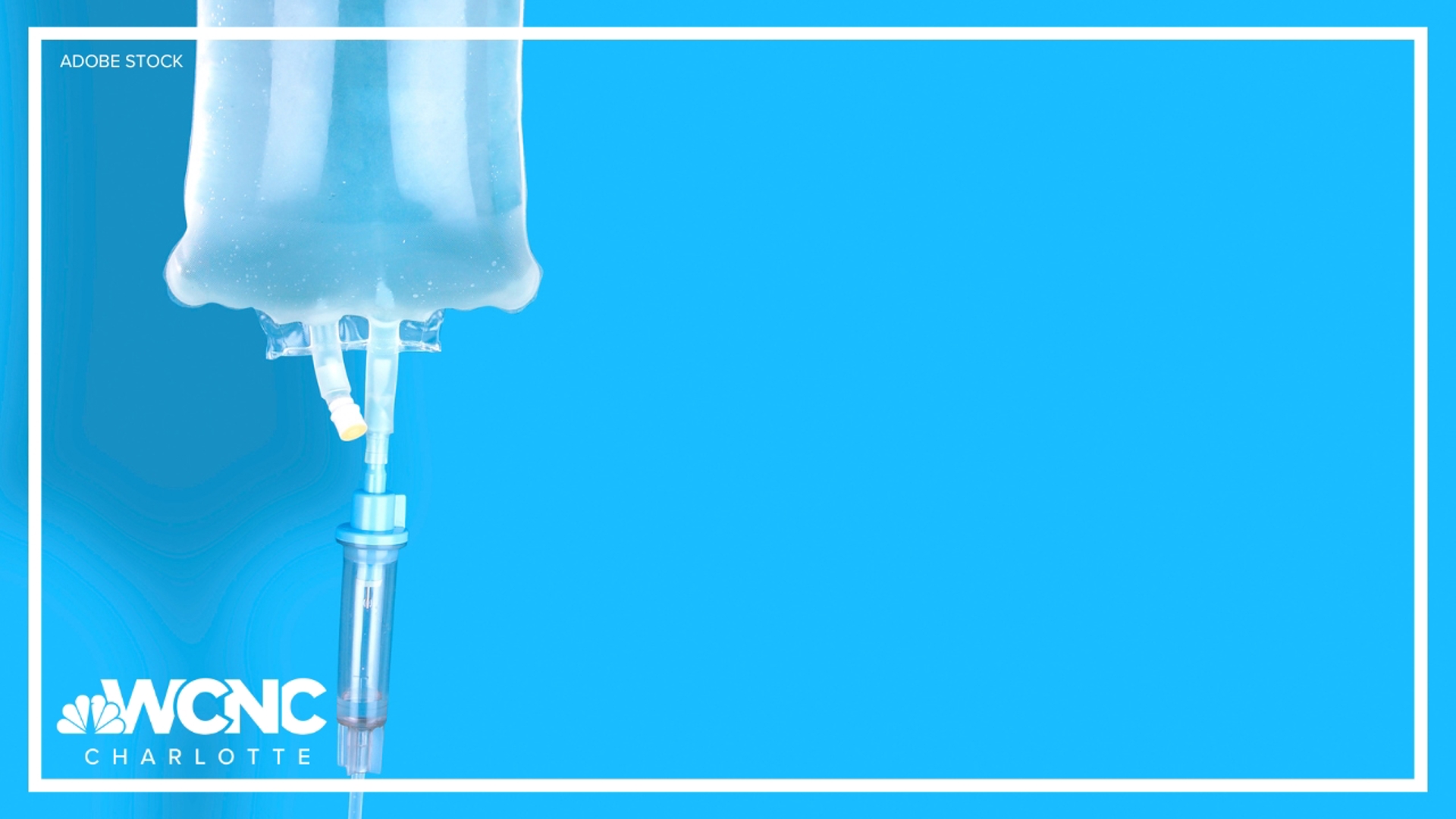COLUMBIA, S.C. — Hospitals across the nation, including South Carolina, are facing an unexpected challenge: a shortage of intravenous (IV) fluids. This shortage has had significant impacts on patient care, forcing doctors and hospitals to find creative ways to conserve the resource.
"Our team here at MUSC, our doctors and our nurses, were committed to making sure that we maintained high-quality care for all the patients that we serve. And it's a testament to this organization to be able to respond so rapidly in a crisis," said Dr. Daniel Young, chief of anesthesia and perioperative medicine for the regional health network at the Medical University of South Carolina (MUSC).
Dr. Young pointed out that the shortage's roots can be traced back to Hurricane Helene, which not only caused physical damage but also disrupted supply chains. One of MUSC’s main IV fluid suppliers, Baxter, faced significant setbacks at its primary production facility in North Carolina.
"One of our main IV suppliers, Baxter's primary production facility, located in North Carolina, was significantly impacted, and their production capability was knocked offline for a significant amount of time," explained Young. "So we were faced with a significant supply chain interruption in the IV fluids that we had available to provide the high-quality and safe patient care that we're committed to here at MUSC."
IV fluids are essential for rehydration therapy and for replacing blood loss during surgeries. Due to the shortage, doctors nationwide have had to find innovative ways to reduce their use.
"We had to come up with some very innovative strategies to reduce our IV fluid usage so that we could continue to take care of the patients that we serve here in the Midlands and across the state of South Carolina," recalled Young.
Despite the challenge, MUSC’s operations continued without interruption, a success that Young attributes to strong support from hospital leadership.
"We had a lot of support from our administration and all of our leaders across the state to get that done. There were other hospitals across the nation that were not as fortunate and did have to see interruptions in their elective case volumes," Young noted.
Recently, Baxter’s North Carolina facility has resumed production, and hospitals like MUSC are beginning to see improvements. According to Young, MUSC is now receiving about 80% of its usual IV fluid supply and is expected to return to full allocation by the first week of January.
As recovery efforts continue, patients with concerns about the IV fluid shortage are encouraged to contact their local healthcare providers for more information.

